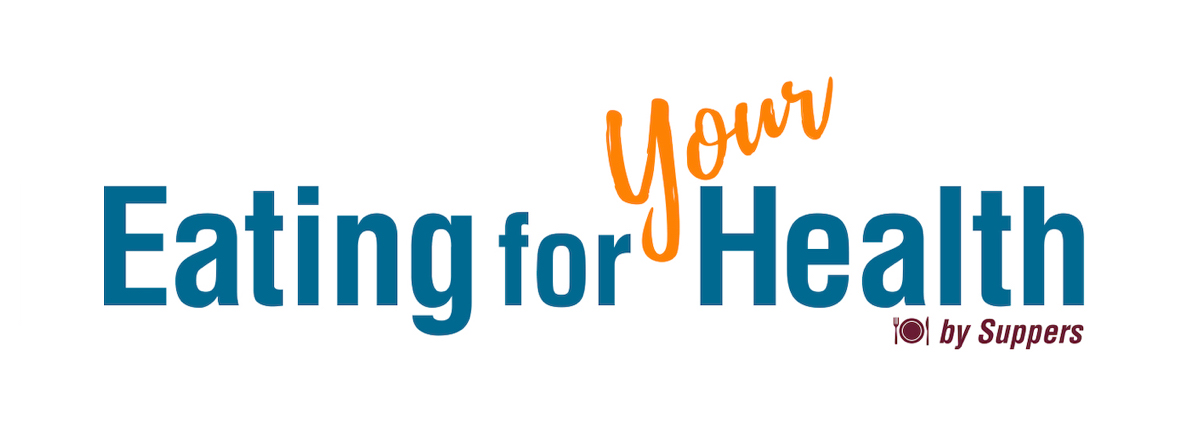
The Suppers Programs is an organization that has formed communities and support groups where people cook and eat together with the highly targeted intention of preventing, better managing or reversing the diseases that are driven by the processed food supply. Instead of telling people what style of eating is healthiest, we ask our members to make hunches and test their theories.
One common question that surfaces time and again is about diet; which type of diet -– plant-based, omnivorous, high- or low-carb, etc. -– is best? The answer is: there is no answer. Every single body is different in its needs for nutrition and every single person can do experiments to determine their personal best way of eating. Fortunately, it’s actually quite easy to figure out where your body best fits in the real food spectrum.
The assumption that underlies the Suppers approach to health is that if you can figure out the way of eating that stabilizes your blood sugar and mood chemistry, you have probably found the best way of eating for your highly individual self. Your brain and your mind collaborate when you do experiments, with your mind in charge of the experiments and your brain in charge of providing data.
Because the brain is the organ most sensitive to poor nutrition, you suffer brain symptoms when you’re eating the wrong food for you. Common brain symptoms associated with eating food that is ill-matched to your personal biology are fatigue, craving, poor concentration, and too pleasant and unpleasant shifts in mood. You read that right, when a food or drink is too pleasant, it’s likely that your body has an addictive relationship with it. You’ll know because it’s hard to have just one serving.
A body can be ill-matched to just about any food, but the most common culprits are the processed foods that combine added sugar or starch, shelf-stable fats, and salt in ways that are diabolically tasty. It’s common knowledge that these manufactured foods are creating a fat, sick nation. It’s becoming common knowledge that the key ingredients -– wheat, dairy, sugar and corn syrup -– operate on the same brain pathways as heroin and cocaine. And it needs to become common knowledge that without expensive interventions, most people can figure out how to reverse metabolic disease and inflammatory conditions by asking their brain for feedback.
The best, clearest, fastest, easiest way is to do this is to journal the experience of eating for a few days while trying out different breakfasts:
- Day 1, eat what you always have;
- Day 2, scrambled eggs and vegetables;
- Day 3, oatmeal and raisins;
- Day 4, a green smoothie, etc.
- It’s explained in this experiment called the Suppers Breakfast Challenge.
If you have strong preferences for candy, cookies, cake, chips, bread, soda, or alcohol AND you experience unsatisfactory energy, depression, anxiety, learning issues or insomnia, then have your mind collaborate with your brain and find out where on the real food spectrum your body needs you to eat. It will reward you with clear signals. The food that’s right for your body is the food that carries you the longest. If one breakfast leaves you tired, cranky or craving after two hours, that’s data! If another breakfast leaves you free of the thought of food or stimulation for 4 hours, that’s data!
Suppers does this in the context of delicious, fun, productive social (and socially distant) experiences, where we cook and eat together. But anyone, anywhere can find out where on the real food spectrum their body functions best. Just do the experiment!
